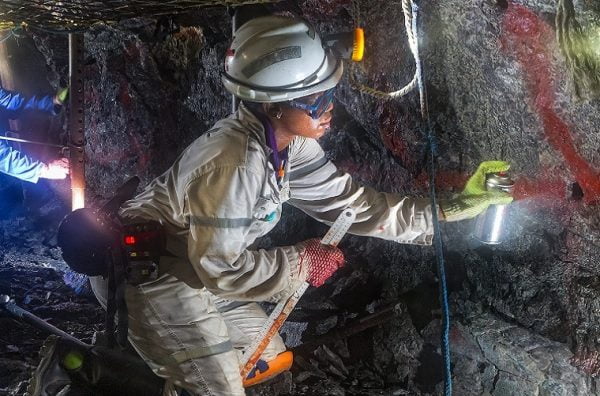Women in Mining (WIM) Zimbabwe is set to host a Pre-Africa Mining Indaba event aimed at addressing key issues affecting women in artisanal small-scale mining (ASM).
By Ryan Chigoche
The event will serve as a platform to explore strategies for empowering women in ASM by identifying effective approaches and actionable steps to foster progress.
For years, women engaged in ASM in Zimbabwe have encountered numerous obstacles, including gender-based violence, limited access to finance and equipment, inadequate knowledge of mining practices, restrictive societal norms, poor working conditions, and minimal legal protections.
These barriers often confine them to lower-paying roles with greater health risks compared to men, exacerbated by the patriarchal and informal nature of the sector.
The event which will be held virtually on the 31 of January, will bring together women in ASM, mining stakeholders, young women aspiring to enter the industry, and advocates for women’s empowerment.
By providing a platform for dialogue, the event aims to elevate the voices of women in ASM, highlighting their contributions while addressing gender-specific barriers that hinder their participation and visibility in the industry.
The events come a time when efforts are also being made to implement gender-responsive policies and establish networks to support women miners through training, capacity building, and financial assistance across the African continent.
International guests, including Grace Akinyi of WIM Kenya and Aida Tamboura of WIM Burkina Faso, are expected to share insights at the event.
As part of its broader mission, Women in Mining (WIM) Zimbabwe continues to expand its initiatives to address key challenges within mining communities, focusing on gender equality, skills development, and education.
Moving into 2025, the organization committed to intensify efforts to combat gender-based violence and child labor, advocate for sustainable mining practices, and promote climate-conscious policies.
Strengthening partnerships and securing funding opportunities remain central to its agenda, as it seeks to establish mentorship programs and empower young women in mining communities.
These persistent challenges underscore the importance of continued advocacy and institutional support for women in the sector.




